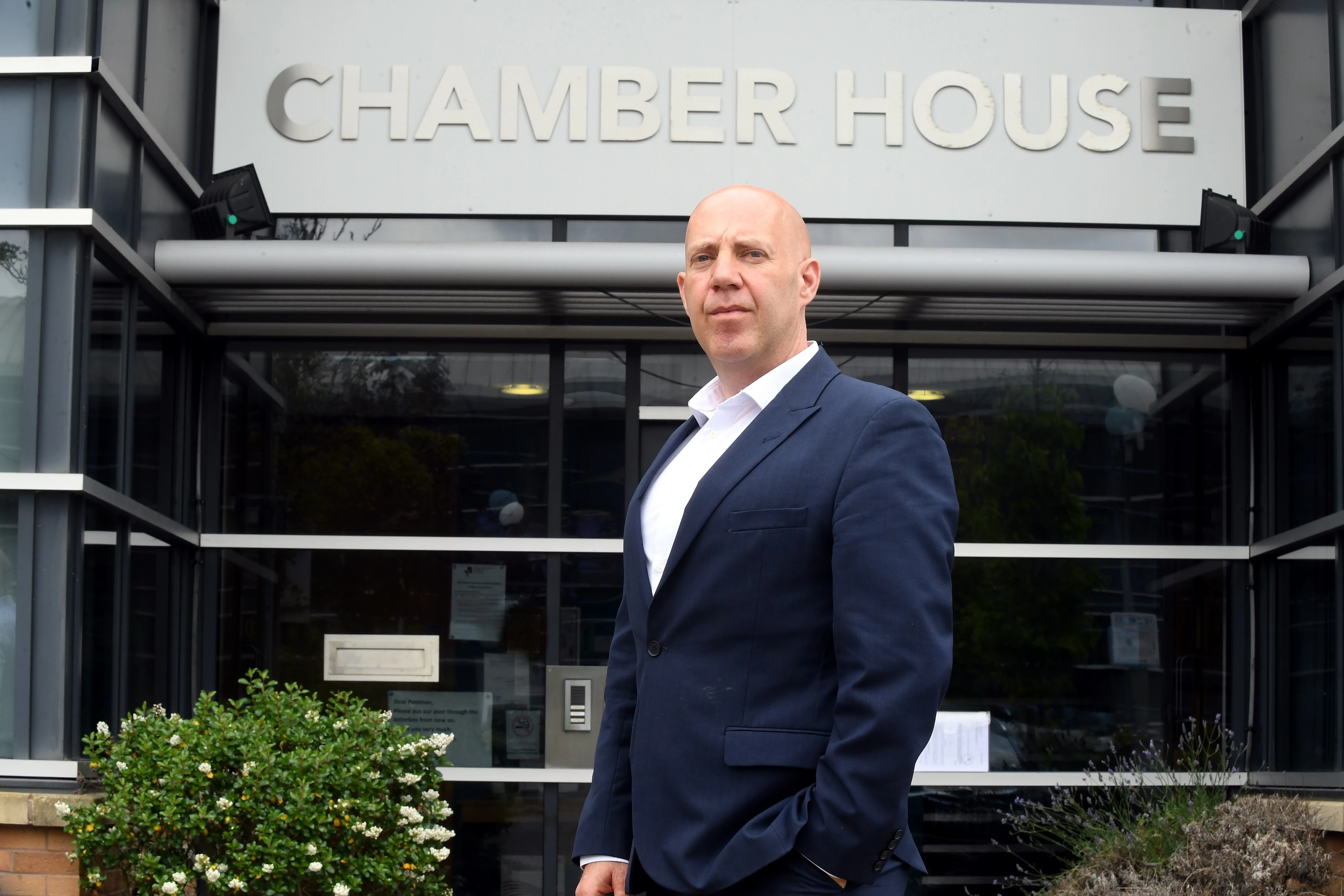
Partner Article
Recruitment one of the biggest issues facing business as unemployment rate falls again
Business leaders in Coventry and Warwickshire say another fall in unemployment – to its lowest level for nearly 50 years – highlights one of the biggest issues facing firms in the region.
The unemployment rate dropped to 3.5 per cent in the three months to August – the lowest since 1974 – with overall vacancies now standing at 1,246,000.
Corin Crane, Chief Executive of the Coventry and Warwickshire Chamber of Commerce, said: “Falling unemployment has, on the one hand, been an economic success story of the past couple of years particularly when you consider the fears that it would rise severely at the height of the Covid lockdown.
“However, it is proving to be a real drag on growth for businesses in a range of sectors across Coventry and Warwickshire who are struggling to fill the vacancies they have. “The new Government has adopted a ‘growth, growth, growth’ mantra and businesses will be the driver for that.
“But there are so many issues that are holding companies back from being able to grow and the labour market is one of them. It is an area where reform is needed to help firms to bring in the staff they need to help deliver the growth that everyone wants to see.”
British Chambers of Commerce Head of Research, David Bharier, said: “Once again, today’s data confirms that the UK is facing the tightest labour market in years. Our own research shows that labour shortages are holding back the ability of many businesses to service existing customers and grow.
“Despite a further decrease in the number of job vacancies to just under 1.25m, the overall level remains very high. Businesses are currently facing multiple external shocks, from global supply chain disruption, rampant inflation, and rising interest rates. Labour shortages are yet another issue weighing down on business confidence.
“While the unemployment rate of 3.5 per cent stands at the lowest level since 1974, the increasing economic inactivity rate, now standing at 21.7 per cent, should be a cause for concern, with long-term sickness cited by the ONS as a key driver of this. Average weekly earnings also continue to be outstripped by inflation for workers overall.
“If Government is serious about growth, it needs to get serious about jobs. There are key reforms it should adopt to help ease tightness in the labour market. These include supporting greater business investment in workforce training, adopting flexible working practices, expanding the use of apprenticeships, and a comprehensive reform of the Shortage Occupation List to allow sectors facing urgent demand for skills to get what they need.”
This was posted in Bdaily's Members' News section by Matt Joyce .








 Raising the bar to boost North East growth
Raising the bar to boost North East growth
 Navigating the messy middle of business growth
Navigating the messy middle of business growth
 We must make it easier to hire young people
We must make it easier to hire young people
 Why community-based care is key to NHS' future
Why community-based care is key to NHS' future
 Culture, confidence and creativity in the North East
Culture, confidence and creativity in the North East
 Putting in the groundwork to boost skills
Putting in the groundwork to boost skills
 £100,000 milestone drives forward STEM work
£100,000 milestone drives forward STEM work
 Restoring confidence for the economic road ahead
Restoring confidence for the economic road ahead
 Ready to scale? Buy-and-build offers opportunity
Ready to scale? Buy-and-build offers opportunity
 When will our regional economy grow?
When will our regional economy grow?
 Creating a thriving North East construction sector
Creating a thriving North East construction sector
 Why investors are still backing the North East
Why investors are still backing the North East